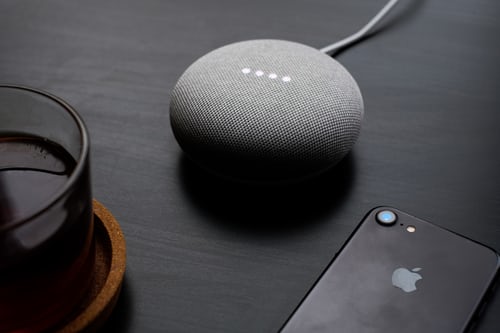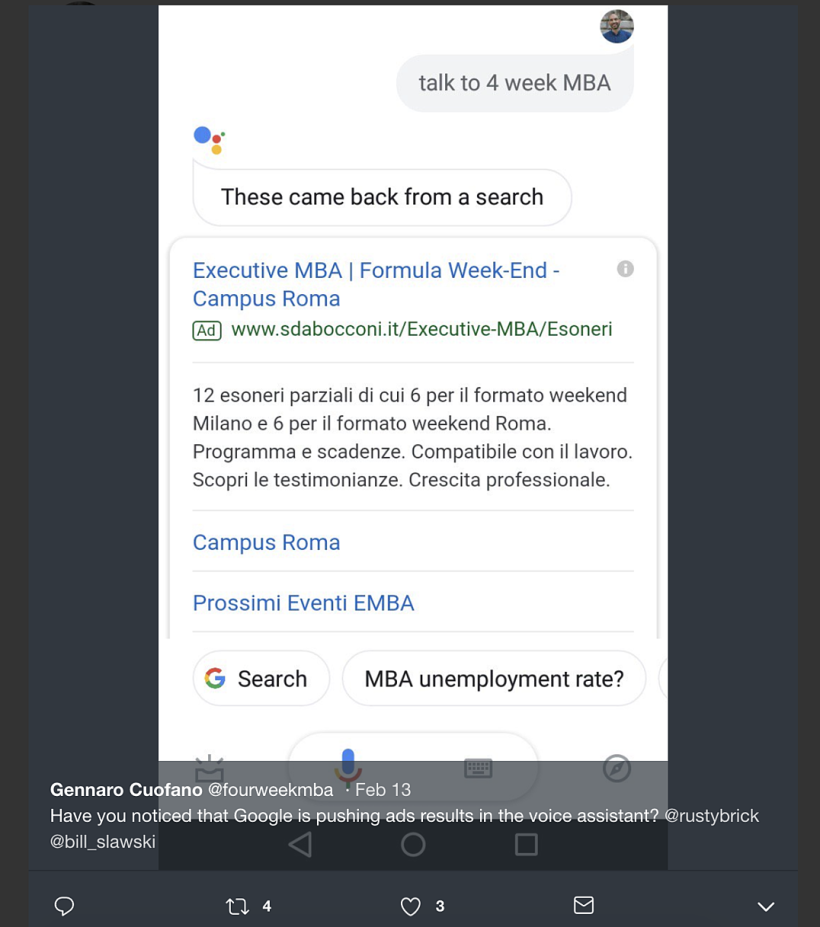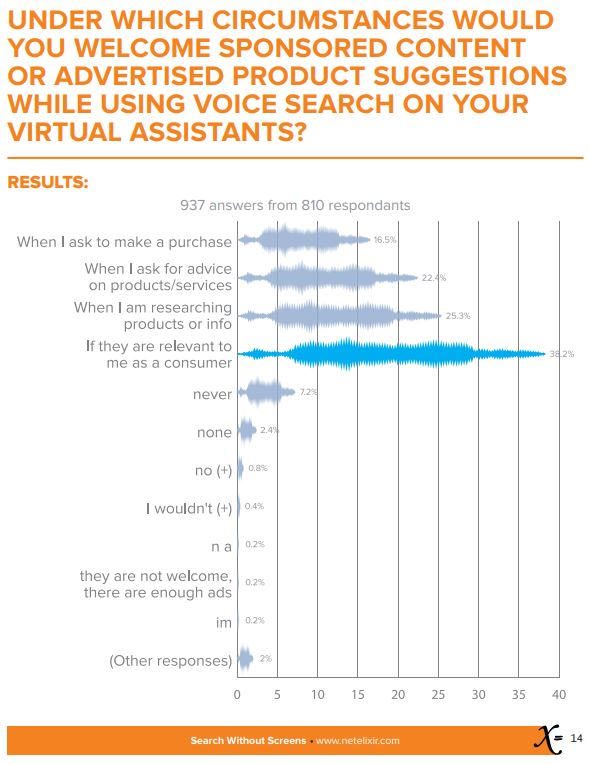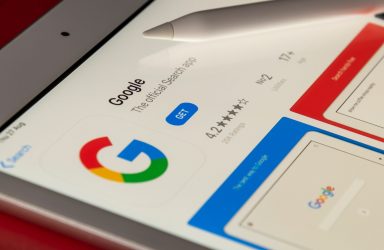Estimated Reading Time [est_time]
With voice search continuing to rise over the next few years, what impact will this have for digital marketing, especially Paid Search (PPC)?
When Apple first launched voice assistant Siri in 2011, user experience was far from seamless. It was not able to recognise most accents and frequent frustration was caused by Siri’s “Sorry I didn’t get that” responses. But, voice search has come a long way since it was popularised and made readily available by the release of Siri.
Now, smart speakers that use voice assistants such as Google Home, Alexa and Cortana are estimated to be used by 1 in 5 households in the UK (gov.uk).
Machine learning is continually propelling the advancement of voice technology and has meant that voice search is now something commonly used day to day by many of us. It’s changing the way that we live and work, and it’s changing the way we search.
Okay Google, what does the future of voice search mean for paid search advertising?
According to Global Market Insights, the worldwide smart speaker sales will surpass $30 billion by 2024. Smart speakers will soon be among the top-selling consumer electronic products.
Though there is no doubt that voice search is becoming an unmoving fixture in modern day life. With Christmas around the corner, it’s time to start thinking about the future of voice search and how it will impact paid search advertising.
Voice search is not currently monetized and smart speakers are, some would say, blissfully ad-free. However, it’s only a matter of time until voice assistants are promoting sponsored content.
If the estimation that 50% of all searches will be voice searches by 2020 becomes reality, this will result in a significant drop in advertising revenue for Google. Ultimately, if voice search continues to grow in popularity without monetization, it could pose a serious threat to paid search advertising.

Google, Amazon and Apple will need to develop a way to display ads for voice search queries in a way that doesn’t impede on the usability of these voice assistants that are designed to make life easier, not more cumbersome. The thought of having to listen through a chain of adverts on your smart speaker in order to get to your answer isn’t appealing.
However, most voice searches are conducted on mobile phones where search ads could be displayed in much the same way as search results, and easily ignored. Some Android users have already noticed Google testing voice search ads on mobile.

When this screenshot took Twitter by storm, Google responded that it was simply a test and would not be announcing any specific changes to voice search anytime soon.
If the future of voice search advertising does look much like the screenshot above, the fight for the top position in search engine rankings will become all the more important.
A recent survey conducted by NetElixir reveals that nearly 40% of survey respondents would be open to sponsored content on voice assistants if it was relevant to them, and only 7% said that they would be completely opposed to sponsored content on voice search.

This response to the possibility of voice search advertising is positive, and it is clear that there is a wrong and a right way to introduce advertisements to voice search without intruding on the ease of using voice assistants. With 42% of consumers who use voice search regularly having shopped via the medium (SUMO Heavy), voice search advertising could be an essential marketing avenue.
Hey Siri, how can I optimise my PPC campaigns for voice search?
23% of marketers from Hanapin Marketing’s report said that they felt the most unprepared for voice search (hanapin marketing). This is no surprise since there has been so much speculation and uncertainty on the subject.
So, let’s prepare ourselves for when voice search advertising becomes an integral part of how we structure and optimise our PPC campaigns. Here are three ways you could be optimising your PPC campaigns for voice search:
- Long-tail keywords will be king
- 53% of people who own a voice activated speaker said it feels natural talking to it, and Google has revealed that almost 70% of requests to the Google Assistant are expressed in natural language, not the typical keywords people type in a web search (think with google). This means that when conducting keyword research, we must think about the long tail keywords and conversational language that people would use when speaking to their voice assistant. The conversational nature of voice search also means that ad copy should be more natural and conversational when read out to the user.
- Optimise your site for mobile
- Websites must be optimised for mobile more now than ever to take advantage of voice-initiated traffic. Optimising websites for mobile will have been a priority for search marketers for a while now since Google introduced mobile first indexing, but voice search adds another layer of urgency to ensuring that your website has good mobile usability. If your site has slow load speed on mobile or is not optimised for mobile users, voice assistants will be less likely to tell users about your site.
- Use RLSAs to ensure you can retarget voice search users
- Voice search advertising is likely to prioritise the top search engine position. This will mean that Cost per Clicks will be high and the top position will be more competitive than ever. While it may not be possible, or profitable, to bid on the top position for all searches, remarketing lists will allow you to pay the premium only for users who have already engaged with your site and are more likely to convert. Start building your remarketing lists now so you’re ready to utilise them when voice search begins to dominate the way that we search.
Opposition to paid search advertising could be damaging to the future of pay-per-click advertising. An increase in voice search users will inevitably result in a decrease in search ad impressions. The introduction of paid search advertising will be crucial to the future of PPC and will come to determine how we structure, execute and optimise our paid search campaigns.







